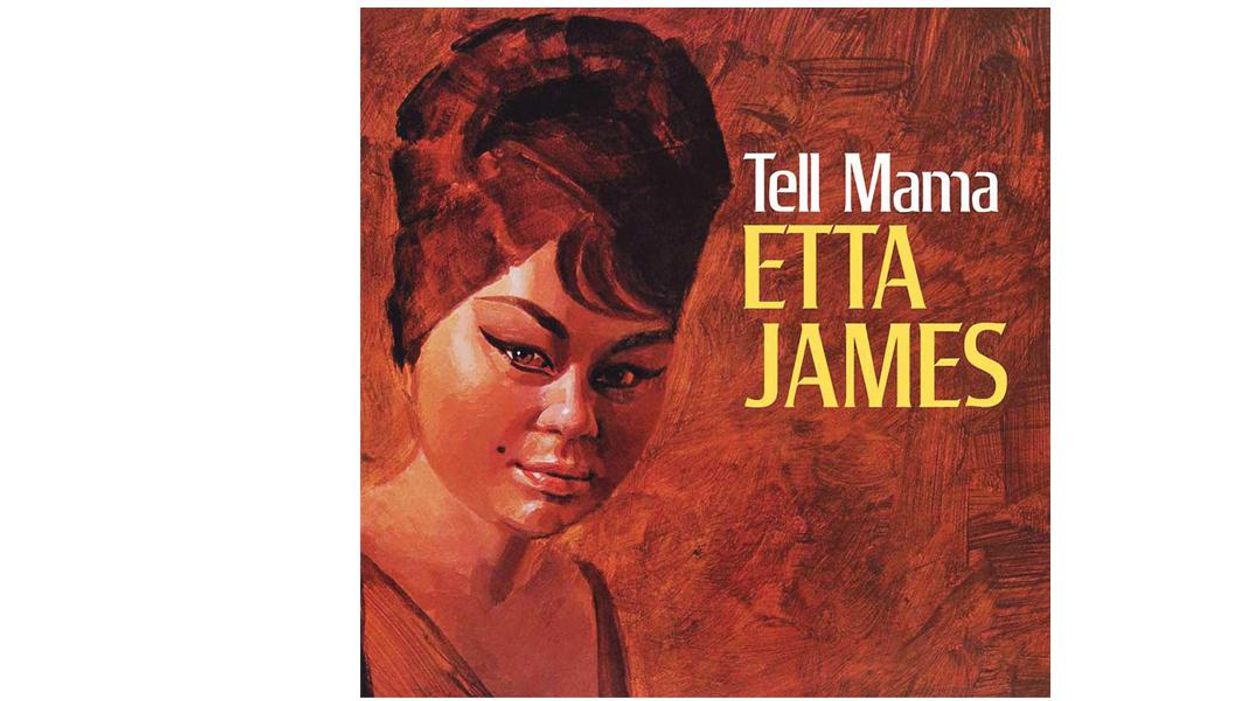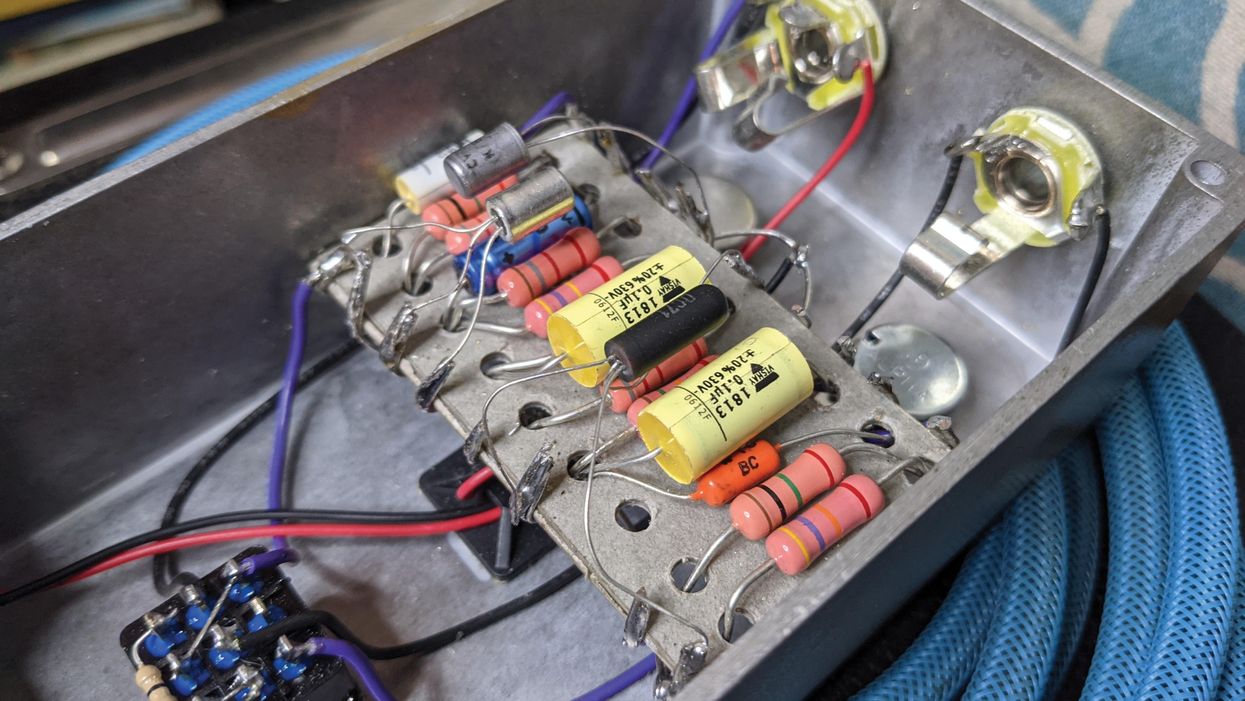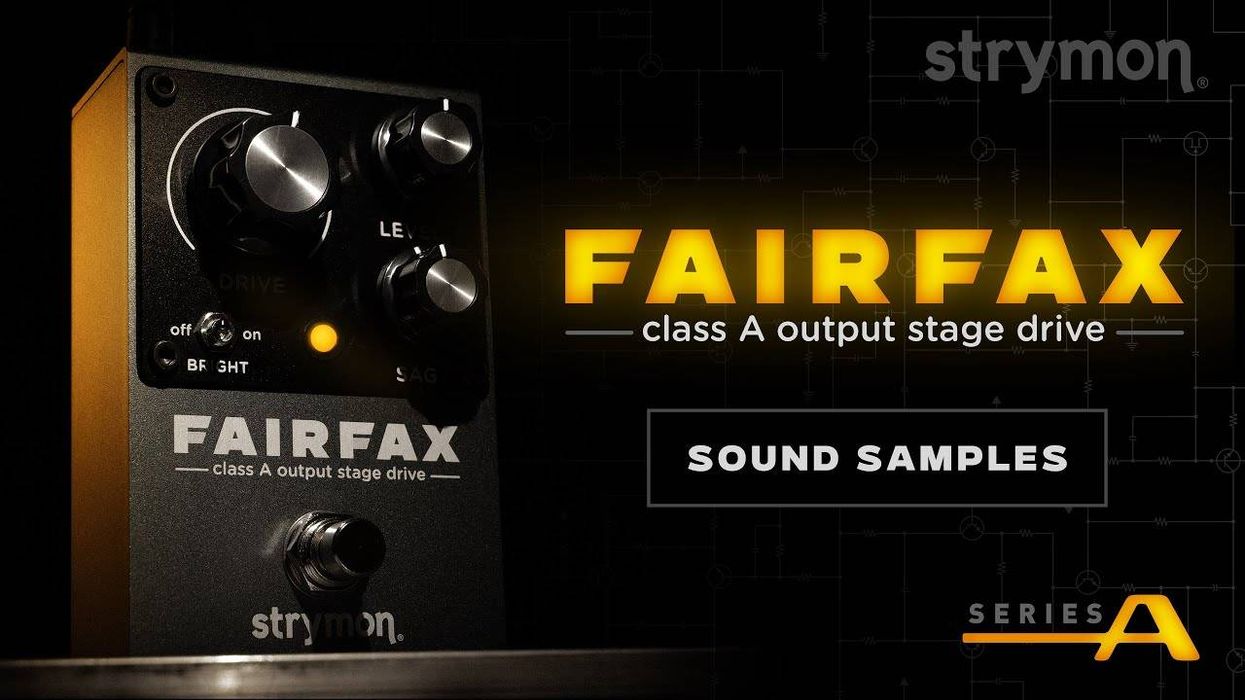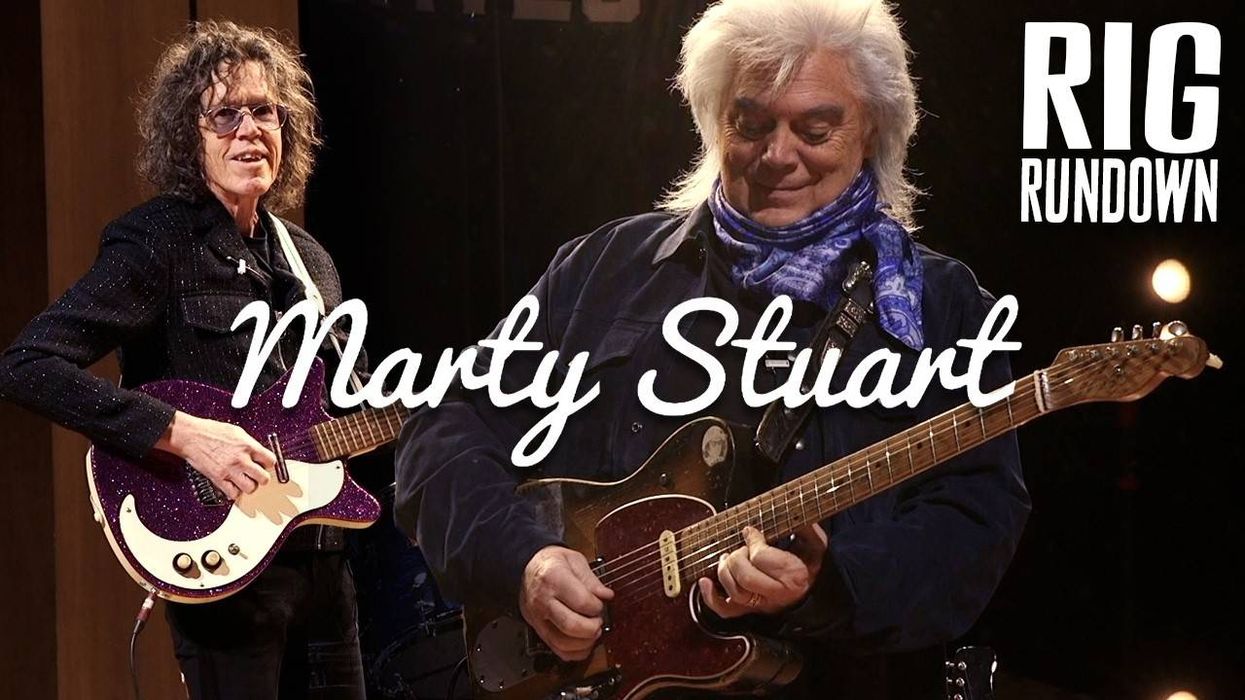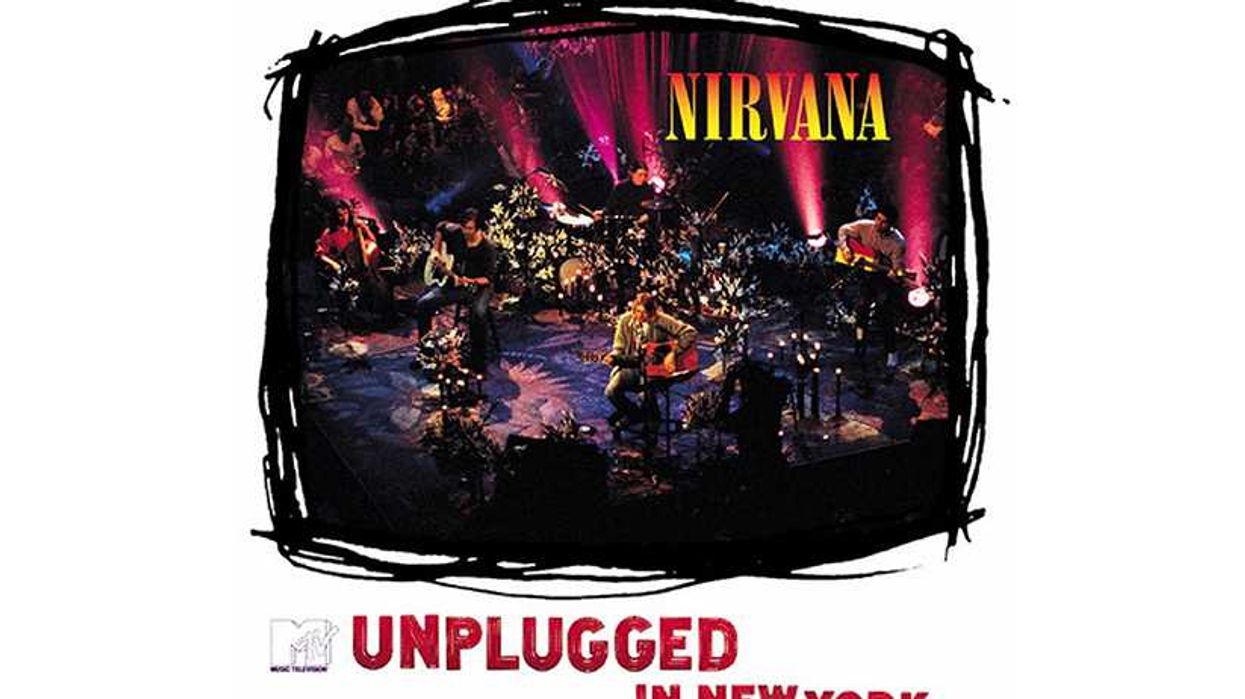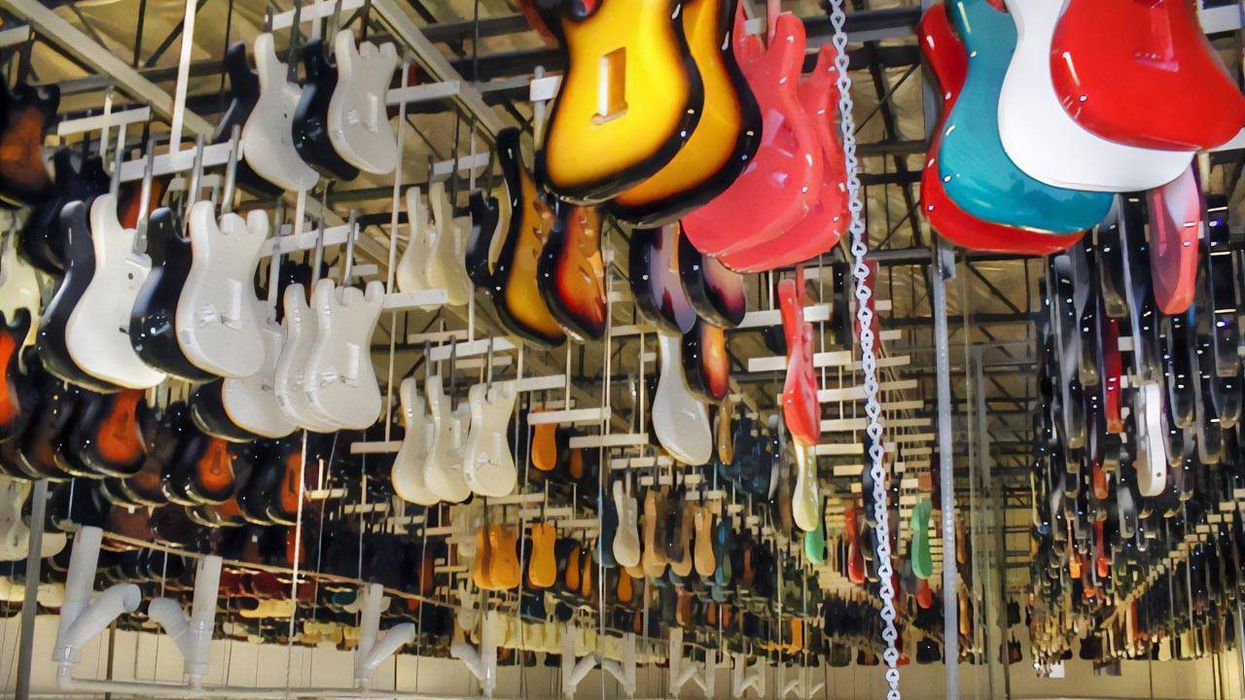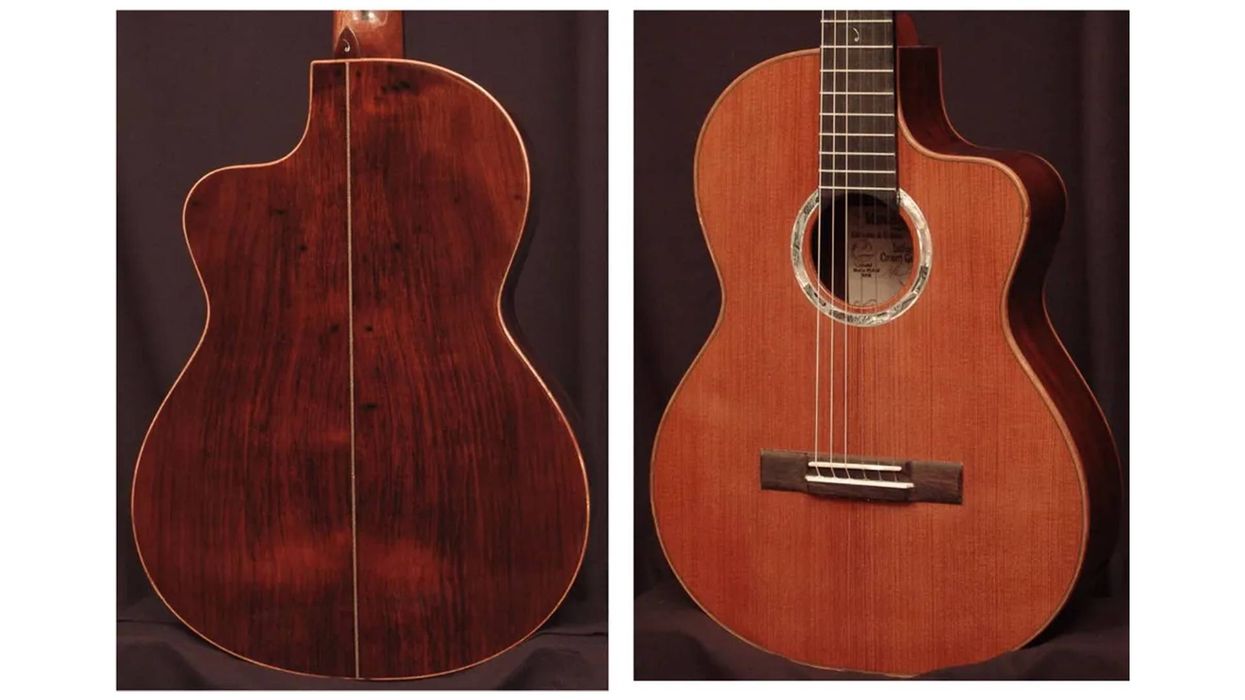Popularity ruins everything. And some may point to the trajectory of coffee shops as evidence. Espresso was once hard to get in America, but when you did find some, it was made by a dyed-in-the-wool bean head who studied grinding, dosing, and really knew their pull times. The result was simple, pure, and satisfying. But the pressure to expand is ever-present, and in an effort to appeal to more customers, shops started adding syrup and pumpkin spice to a perfect product. And kaboom—garbage. Here’s your candy-flavored, sugared-up milkshake. Would you like a drop of coffee in it? After that, everyone started doing it, because it was what people bought.
On the other hand, there is the Beatles. At first, they were a kick-ass band that wore leather outfits, pointy-toed boots, and sneered their way through high-energy sets of amphetamine-fueled rock ’n’ roll. But then they traded the cowhide britches for matching suits. And just as their fans got used to that, the band put on velvet pants and started singing about strawberries. When conventional wisdom was to give the people more of what they want, this might have seemed like career suicide. Somehow, however, it did the opposite. A little success can be like a drug that implores you to water down your art. With that in mind, can a musician or a gear builder straddle the line between art and commerce without resorting to formula?
We all start out emulating things we admire. Synthesizing influences is a time-honored tradition, but at some point, creative people are faced with the question: Am I happy where I am, or do I want to do more? Can I grow as a person, and as an artist? This might mean exploring new directions that are interesting to you, but maybe not to your loyal fans. In fact, your most ardent supporters might see change as betrayal, or, even worse, an attempt to, wait for it, “sell out.” In both art and business, this is the crossroads where either path may be the devil. This obviously didn’t stop the Beatles, Led Zeppelin, or Waylon Jennings from forging their own identities. Don’t be afraid to express your own vision, because being yourself is the only way to differentiate yourself from the million other people doing what you’re doing. And that’s also the only way you’re going to please yourself.
I don’t deny that I’ve done my own share of bending to the whims of the music market, but like so many who have come before, I genuinely love what I do, and even my most pathetic moves have been an honest attempt to provide a good result. But if there’s one thing I’ve learned, it’s that music-business fashion is a moving target. If your strategy is to jump on a trend, it’s hard to hit the bullseye. By the time your project gets to market, the public has already seen it and moved on.
Copying boilerplate designs is also the best way to obscure yourself in a crowded market. It’s always a good idea to follow your heart with a wary eye on the intrinsic human tendency to repeat exactly what others have done. Look for the subtle twist, the clever nuance, and the artistic flourish that builds a style for your work. When I was just starting out, a mentor gave me advice that has stuck with me. “Don’t be a cover band,” he cautioned. “You might be a fun night out, but no one is going to buy your album.” It made sense then, and it still rings true today.
Without resorting to more anecdotes about bands and brands selling out, I’ll just say that I like music that comes from the heart and is done well. I love guitars that have character and don’t try to be all things to all people. I’ve been involved in small ventures as well as huge projects, and I honestly think the smallest were the most satisfying, which brings me back to that nice shot of espresso. It’s one thing to go for a bigger audience, but quite another to abandon what makes you unique. I guess it’s nice to get a big paycheck, but I wouldn’t know about that. Be true to yourself, and do your best work always. With a little luck, your tribe will find you—leather pants or not.






